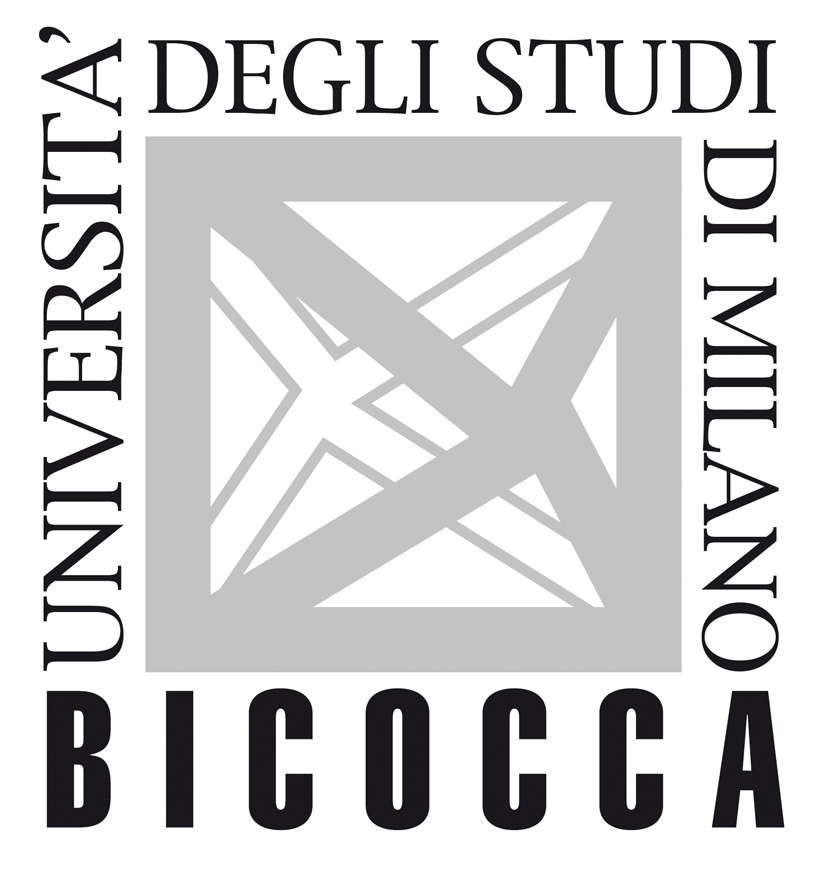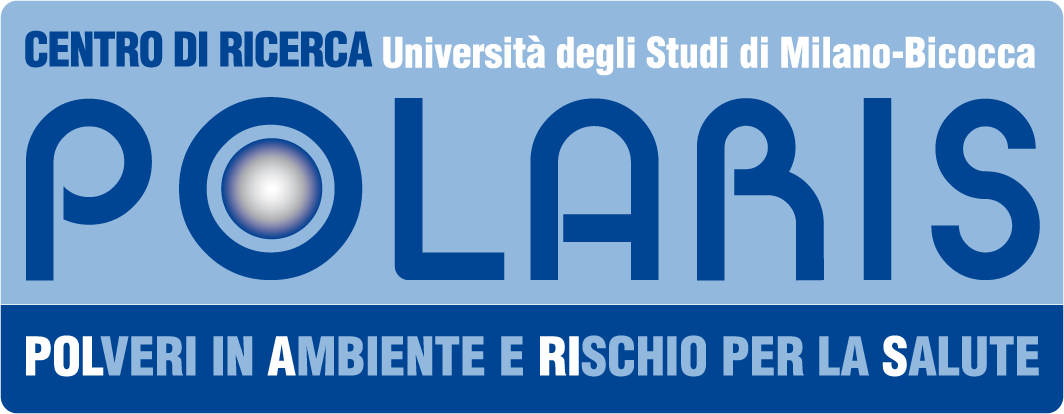FIRB (Investment Fund for Basic Research) 2008-2010
“Definition of Basic components and maximum achievable Objectives of a model system for the exploitation of Secondary reserves of Energy”
The project is coordinated by the Polaris Research Centre (Univeristy Milano-Bicocca) in collaboration with the University ofMilan, the Polytechnic of Milan and Turin, the University Federico II of Naples, The University of Genoa, the University of Pavia and the company Ecodeco (A2A Group)
Project Summary and skills of the Polaris Research Centre:
About 30% of municipal waste (MW) is collected separately and assigned to recycling systems, while the remaining 70% is disposed of in different ways and as possible recovery of energy. However with the current systems the capabilities of energy recovery are not fully exploited.
The project has developed an alternative system to the processes normally used in the disposal of MW with energy recovery. In particular, the Polaris Research Centre has developed the assessment of environmental impacts using the LCA methodology. All the systems involved in the disposal of MW in the south of the province of Milan and Lodi have been evaluated: mechanical-biological treatment systems, bioreactors that can be activated with biogas recovery, thermovalorization systems with energy recovery systems and traditional systems of treatment (landfill and incineration) for a direct comparison of the efficiency of the proposed new system. It has been also evaluated the transport system that bring waste to the disposal facilities, that causes very high environmental impacts. The results show that the capability for energy recovery are greater, thanks to the new technological changes. Even from an environmental point of view the assessment performed by LCA methodology shows the possibility of a significant improvement on the traditional technologies. The waste management system proposed by the project has three main subsystems: the ITS system, the New system and the Waste & Power system.
The project has been carried out by 5 Research Units,
– MODELLING coordinator prof. Piero Salatino, University of Naples Federico II, Dept. of Chemical Engineering and Dept. of Hydraulic and Environmental Engineering: Implementation of kinetic and thermodynamic models of combustion of the biological drying and fuel fraction and useful models to understand the physical, chemical and biological processes in the bioreactors.
– WASTE & POWER coordinator prof. Stefano Consonni, Polytechnic of Milan DIIAR and DIEN, University of Pavia, Department of Chemistry: Analysis of possible integrations with fossil fuel stations, evaluation of performance increases of the different systems of integration compared to isolated stations, process definition of heavy ash recovery and uses of their products. Assessment of the disposal processes according to the law of the fly ashes.
– NEW coordinator prof. Guido Busca, University of Genoa DICheP, Polytechnic of Turin DITAG, Aeneas: assessment of the effects of the biological drying process in the subsystem NEW; sizing of the available bioreactors and efficiency check of ammonia removal. Optimization of combustion processes and catalytic purification of flue gas and biogas combustion. Evaluation of alternative technologies for the production of electricity from biogas and possible use of bioreactors for CO2 fixation.
– HEALTH AND ENVIRONMENTAL ISSUES coordinator prof. Antonio Colombi University of Milan, Department of Occupational Medicine, Mario Negri Institute: Assessment of the system environmental impact. Characterization of potentially toxic emissions and definition of a toxicological and environmental index for the impact assessment of ITS, combustion stations and bioreactors. Analysis of residual soils of bioreactors and definition of three different components of municipal waste: putrescible, slowly degradable and non degradable. Deepening of the system’s compatibility with the existing environmental regulations.
– TERRITORIAL COMPONENTS AND LCA coordinator Prof. Marina Camatini University of Milan Bicocca – DISAT and University of Reggio Calabria – Dastec: definition of environmental sustainability and economic efficiency of the three subsystems and production of models for the use of secondary reserves of energy at a provincial and international level.




